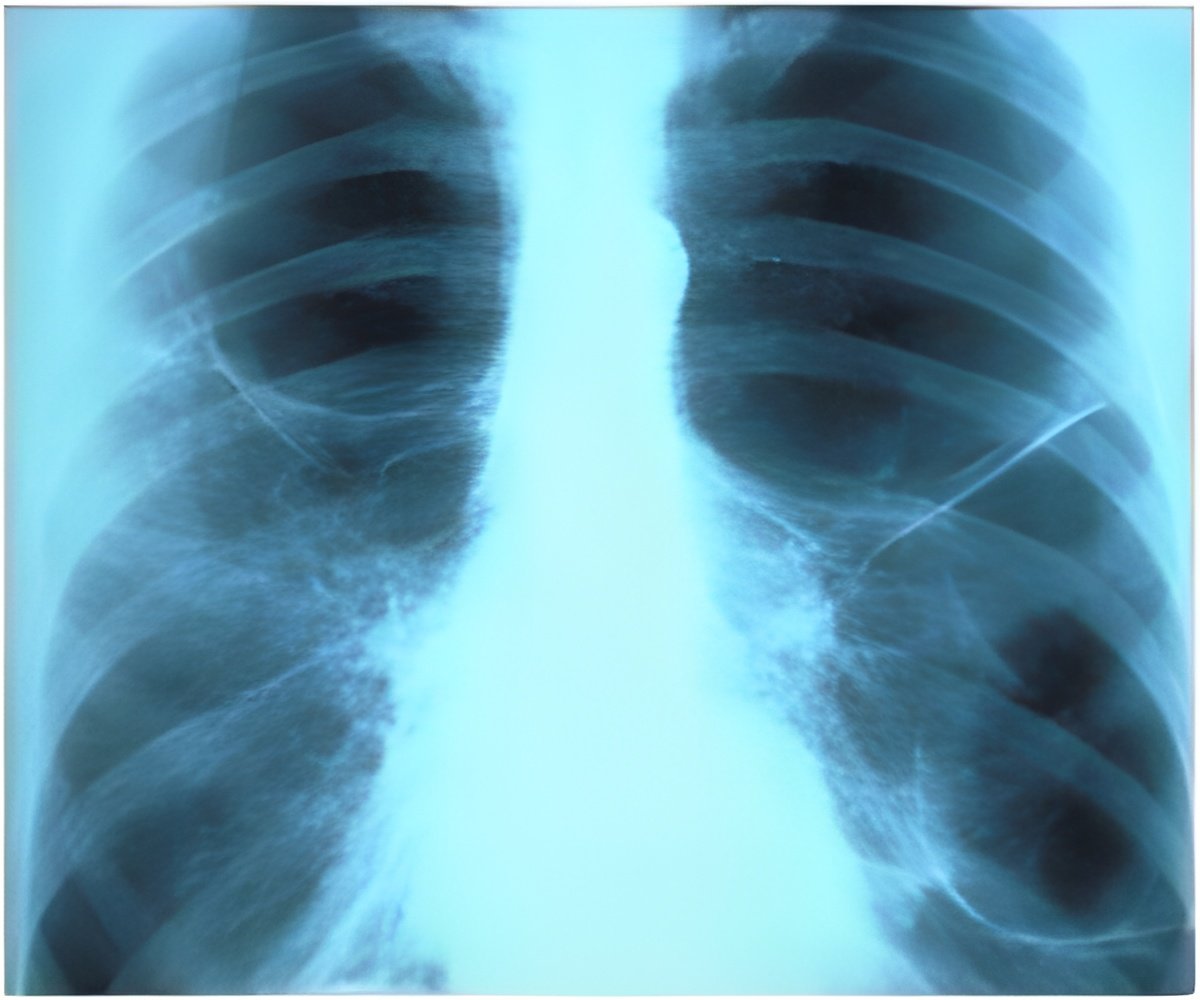Researchers have developed an Artificial Intelligence (AI)-powered tool that can harvest information in chest X-rays to predict long-term mortality.

‘Around 53 percent of people who were identified as "very high risk" died over a 12-year period compared to those labeled as "very low risk."’





"This is a new way to extract prognostic information from everyday diagnostic tests," said one of the researchers, Michael Lu, from Massachusetts General Hospital (MGH) of Harvard Medical School. "It's information that's already there that we're not using, that could improve people's health," Lu said.
Lu and his colleagues developed a convolutional neural network - an AI tool for analyzing visual information - called CXR-risk.
It was trained by having the network analyze more than 85,000 chest X-rays from 42,000 participants who took part in an earlier clinical trial.
Each image was paired with a key piece of data: Did the person die over a 12-year period?
Advertisement
Next, Lu and colleagues tested CXR-risk using chest X-rays for 16,000 patients from two earlier clinical trials.
Advertisement
The study found that CXR-risk provided information that predicts long-term mortality, independent of radiologists' readings of the x-rays and other factors, such as age and smoking status.
Lu believes this new tool will be even more accurate when combined with other risk factors, such as genetics and smoking status.
Source-IANS










